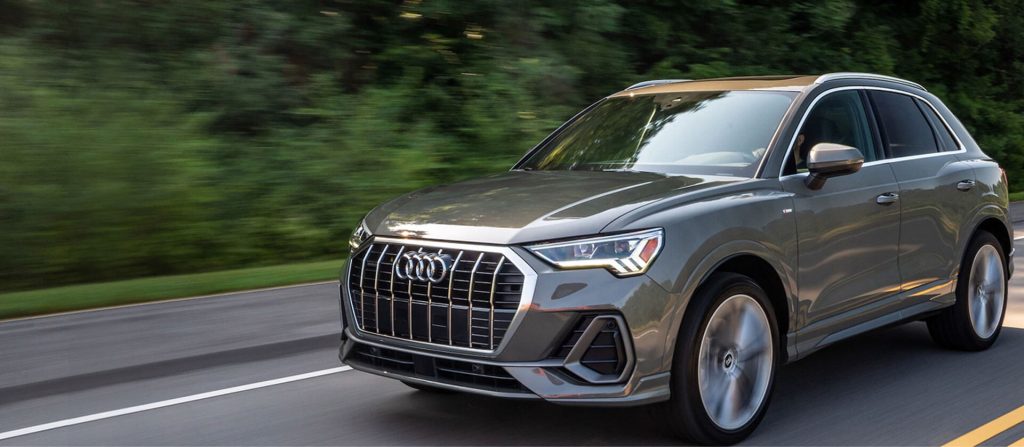
Short-term car leasing is an excellent option for those who need a vehicle for a few months without committing to a long-term contract. With the rise of electric vehicles (EVs), many drivers are now considering whether to lease an electric or standard petrol/diesel car for their short-term needs. Each option has its advantages and disadvantages, depending on your lifestyle, driving habits, and budget..
With so many options available, how do you find the perfect deal? This guide will walk you through the key elements to consider when selecting your short-term car lease.
What is Short-Term Car Leasing?
Short-term car leasing allows individuals and businesses to lease a vehicle for a flexible period, usually between one and twelve months. It provides an alternative to long-term leasing and daily rentals, offering a balance of cost-effectiveness and convenience.
How It Works:
- Choose a Lease Term – Most providers offer leases from 1 to 12 months.
- Select a Vehicle – Decide between an electric or standard petrol/diesel car.
- Pay a Fixed Monthly Fee – The lease usually includes road tax, maintenance, and breakdown cover.
- Mileage Restrictions Apply – Leases come with mileage limits, so be sure to choose a plan that suits your needs.
- Return the Car at the End of the Term – Some leases allow extensions or early returns under specific conditions.
Comparing Electric vs Standard Vehicles for Short-Term Leasing
Below is a detailed table outlining the key differences between Electric and Standard Vehicles for short-term leasing, helping you easily compare features, benefits, and considerations.
| Feature | Electric Vehicles | Petrol/Diesel Vehicles |
| Monthly Cost | Often higher due to newer technology | Lower, especially for older models |
| Fuel/Energy Costs | Lower, charging is cheaper than fuel | Higher, petrol/diesel costs fluctuate |
| Mileage Limits | Often lower, as EVs have range constraints | Higher mileage limits available |
| Charging/Fuelling | Requires access to charging stations | Easily refuelled at any petrol station |
| Environmental Impact | Zero emissions, eco-friendly | Produces CO₂ emissions |
| Maintenance | Fewer moving parts, lower maintenance costs | More maintenance needed for engines and transmissions |
| Insurance Costs | Can be higher due to expensive battery replacement | Typically lower, depending on the model |
Key Considerations for Leasing an Electric Vehicle
- Charging Infrastructure – Do you have easy access to a charging station at home, work, or nearby?
- Driving Range – EVs generally have a lower range than petrol/diesel cars, so consider how far you drive daily.
- Monthly Lease Costs – Short-term EV leases can be more expensive due to the high cost of electric cars.
- Availability – Fewer leasing companies offer short-term EV leases compared to traditional vehicles.
- Environmental Benefits – If sustainability is a priority, leasing an EV helps reduce your carbon footprint.
Key Considerations for Leasing a Standard Vehicle
- Lower Monthly Costs – Traditional vehicles usually have cheaper lease payments.
- No Charging Concerns – You can refuel easily without worrying about charging station availability.
- Longer Mileage Allowances – If you drive long distances, petrol and diesel vehicles often offer more flexibility.
- More Lease Options – There is a wider selection of petrol and diesel cars available for short-term leases.
- Higher Running Costs – Fuel prices and regular maintenance may increase overall expenses.
Taking the time to compare options, understand contract details, and explore what’s currently available can make all the difference when choosing the right lease. Helpful insights and up-to-date offers can be found through reliable, short term leasing platforms.
Best Use Cases for Short-Term Leasing Electric Vehicles
1. Urban Commuting
Perfect for daily city driving:
- Stop-and-go traffic optimised with regenerative braking
- Exemption from congestion charges
2. Trial Before Purchase
Great for those considering buying an EV:
- Test real-life range and convenience
- Evaluate charging infrastructure suitability
3. Corporate Fleets and Sustainability Goals
Ideal for companies looking to:
- Reduce carbon footprint
- Meet sustainability targets
4. Special Events and Promotions
Using EVs to:
- Showcase commitment to green initiatives
- Promote eco-friendly branding
Best Use Cases for Short-Term Leasing Standard Vehicles
1. Long-Distance Travel
Excellent for road trips and holidays:
- No range anxiety
- Easy access to petrol stations
2. Temporary Replacement Cars
Ideal for:
- Vehicle repairs
- Insurance replacement needs
3. Business Use and Executive Transport
Standard vehicles are practical for:
- Client meetings
- Long-distance corporate travel
4. Occasional Use for Families
Leasing a standard vehicle suits:
- Family holidays
- Seasonal needs without long-term commitment
Common Mistakes to Avoid When Choosing a Lease
Ignoring Mileage Restrictions
Always choose a plan that matches your expected mileage to avoid costly overage fees.
Not Comparing Prices
Prices can vary between providers—compare multiple deals before committing.
Overlooking Hidden Fees
Read the contract carefully to ensure you’re aware of admin fees, deposit requirements, and early termination penalties.
Failing to Check Insurance Costs
If insurance isn’t included, get a quote before signing to ensure it fits your budget.
Bottom Line: How to Get the Best Short-Term Lease
Short-term car leasing is an excellent option for those needing a vehicle for more than a few weeks but less than a year.
To find the best deal, start by comparing lease prices and contract terms from trusted providers. Choose a vehicle — whether electric or standard — that fits your needs and driving habits. Make sure mileage limits, charging or fuel costs, and insurance are all within your budget. Finally, carefully review the contract to check for any hidden fees before signing.
Finding the right short-term lease comes down to comparing trusted providers, understanding contract details, and seizing the best offers when they appear.

